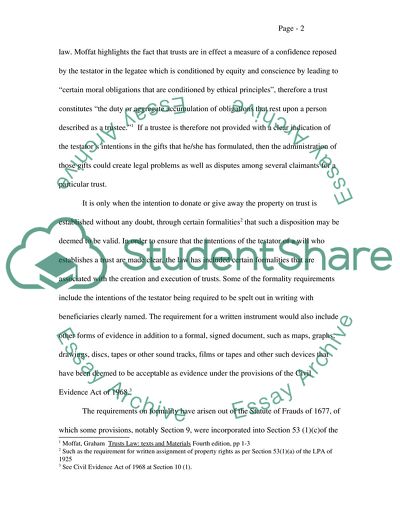Cite this document
(Trusts Law Case Study Example | Topics and Well Written Essays - 3000 words, n.d.)
Trusts Law Case Study Example | Topics and Well Written Essays - 3000 words. https://studentshare.org/law/1705699-uk-law-equity-and-trusts-problem-question
Trusts Law Case Study Example | Topics and Well Written Essays - 3000 words. https://studentshare.org/law/1705699-uk-law-equity-and-trusts-problem-question
(Trusts Law Case Study Example | Topics and Well Written Essays - 3000 Words)
Trusts Law Case Study Example | Topics and Well Written Essays - 3000 Words. https://studentshare.org/law/1705699-uk-law-equity-and-trusts-problem-question.
Trusts Law Case Study Example | Topics and Well Written Essays - 3000 Words. https://studentshare.org/law/1705699-uk-law-equity-and-trusts-problem-question.
“Trusts Law Case Study Example | Topics and Well Written Essays - 3000 Words”. https://studentshare.org/law/1705699-uk-law-equity-and-trusts-problem-question.


